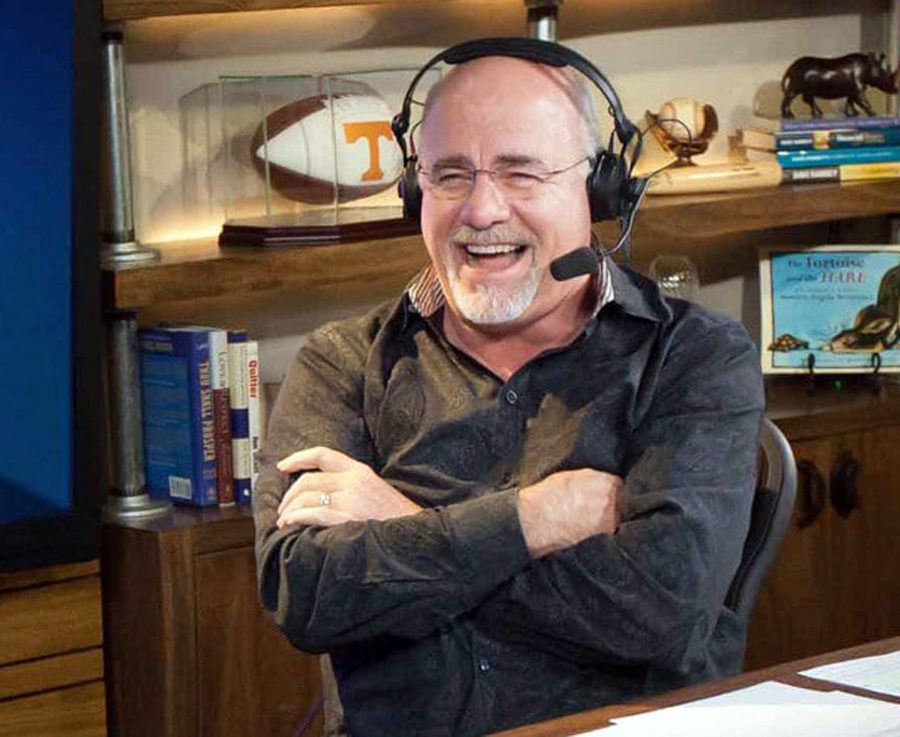
By Jennifer D. Kluge
August 20, 2009
Do you remember the “old days” just a few years ago, when everyone was talking about “Entitlement” in our businesses? Usually it focused around expectations of employees and how they felt entitled to benefits, entitled to increases in pay, entitled to perks, etc. Back then, the discussion was focused on how can we do a better job quantifying the costs and challenges of providing perks to team members. I remember launching a new disability employee benefit about five years ago, thinking it was fabulous. I mistakenly thought the team would eat it up. While they appreciated it, there was no fanfare. Now, we have a complimentary lunch in the kitchen and I get e-mails of gratitude and appreciation.
I feel this is one of the advantages of these economic times. Appreciation, for the most part, is now a given. Many employers are making cuts to benefits, jobs and programs. Now there is a real sense of appreciation as work hours grow and perks decline. Team members are grateful for their job, their existing pay and their access to health care. I don’t want it to appear that all is well, there are new complications here, but the old theme of “entitlement” seems to have waned.
The new discussion is around engagement. How can we engage our teams to be inspired to do more with less? Evolve, innovate and be creative on a dime. CEOs are now asking for measures on engagement. They want stats and figures on the morale of the workforce and their attitudes towards innovation and the company. Twenty years ago, Human Resource executives couldn’t even come to the CEO table. Now, not only are they at the table, but they need to produce stats and figures on morale and how it translates into profitability and customer satisfaction.
It makes you wonder. While the economy is in bad shape, isn’t this the silver lining? Appreciation for each other; companies better understanding the morale of their workforce and employees appreciating their employers and the benefits provided. It’s definitely a move forward, with big prodding from the economy. I would venture a guess that if the economy had not slowed, this mutual appreciation would have been decades away.








